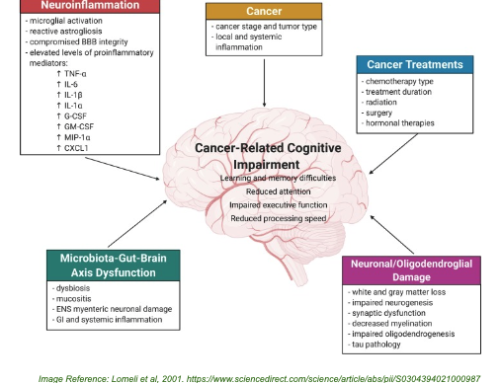Disruption of Australia’s health care sector by digital technology is well underway, this growth, which was happening organically, has been supercharged by COVID-19 and is transforming the way people interact with their health care providers.
The many practical advantages of virtual health care for providers and users are clear for a country like Australia, but telehealth may also deliver a range of less obvious benefits such as boosting patient engagement and supporting users to feel empowered when it comes to health care decision making.
Increasing a patient’s engagement and sense of empowerment is important as it can improve health care outcomes and promote positive behaviour change which may reduce the likelihood of preventable diseases.
One of the most effective opportunities for telehealth to achieve this is by providing a mechanism for recognising, rewarding and incentivising positive behaviours by health care users.
Gamification
A recent Deloitte report defines gamification as the use of game mechanics and experiences to digitally engage and motivate people to achieve their goals.
In the health care domain gamification may help people commit and stick to activities by tapping into their appetite for healthy competition to create motivators for making lifestyle change.
This can apply at every stage of the patient experience, from early diagnosis, through active treatment to recovery and rehabilitation.
Gamification can be achieved through use of reward-based apps, wearable devices and games and for people with chronic illness these technologies can be used to:
- Educate patients about a new diagnosis and management plan
- Encourage adherence to filling prescriptions and taking medications
- Remind patients about their exercise/rehabilitation and movement goals
- Reward positive behaviours such as good sleep hygiene and a healthy diet
- Promote good mental health behaviours
Adoption of gamification in health care is thriving due to the tech-savvy environment we live in: most people use smartphones and are comfortable using apps in day-to-day life and social networking platforms provide a forum for sharing achievements and personal milestones which boosts connectedness.
In addition, the coming of age of millennials, the first generation of digital natives, provides an audience primed and ready for virtual health care, and technology which empowers them to manage their own health care easily and enjoyably.
For health care providers and insurers, incorporation of effective gamification into a patient’s virtual health care journey offers a range of benefits including:
- Data generation and collection through gamified applications which may facilitate more personalised care (within the confines of privacy rules and regulations).
- Greater uptake of preventative lifestyle practices, improved health awareness and adoption of healthy lifestyles.
- A boost in medication adherence, which improves clinical outcomes and reduces treatment costs.
One size does not fit all
According to Deloitte there are six different approaches to gamification which can be applied across the illness pathway of patients
- Educational – these games provide information on health-related topics and seek to raise awareness and education on a certain diseases and illnesses.
- Engagement – these games seek to prevent unhealthy behaviour and to promote healthy choices by making users accountable for their decisions.
- Therapy – these games provide support in the treatment of chronic illness alongside conventional medicine and aim to enhance resilience and trigger positive feelings through the reward system.
- Monitoring – these applications track user health status and monitor lifestyle improvements or deteriorations. These games often incorporate friendly competition with other users and may provide a social media platform for sharing results.
- Medication adherence – these games motivate users to stick to their medication schedule and users may gain points by sticking to their routine, filling their prescriptions and/or answering questions about the specifics of their disease.
- Professional training – these games are mainly used to train medical staff in a video-game type environment.
Research has shown that a one-size-fits-all approach to health care apps and technology does not work, due to the complex needs of diverse audiences and the fact that people are motivated by different rewards.
Taking a person-centric approach to incentivising and rewarding positive behaviours is likely to boost adherence rates and support compliance over the longer-term.
This is where Valion Health can add value, our care plans are tailored to the background, goals and needs of each individual participant and harness the best of virtual health care to deliver a truly personal health care solution.




